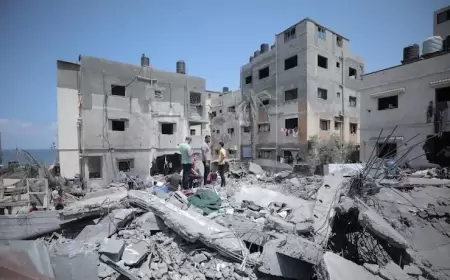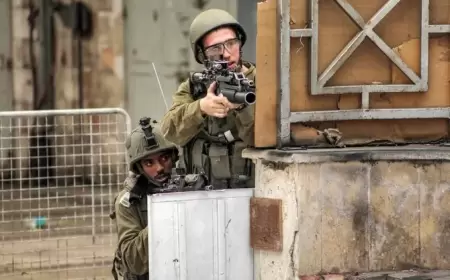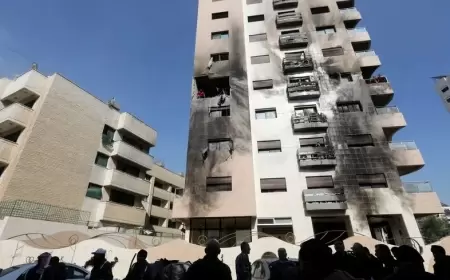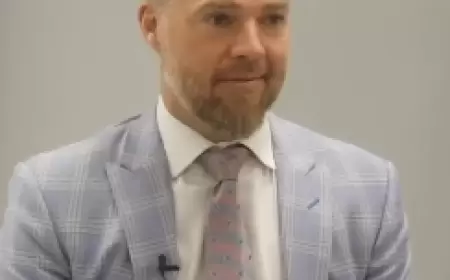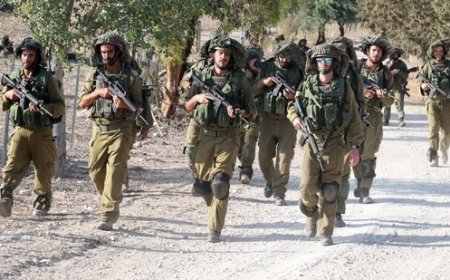Gaza Residents Turn Against Hamas Amidst Growing Humanitarian Crisis
As Food and Water Shortages Worsen, Gaza Residents Express Frustration with Hamas, Leading to Unprecedented Clashes and Calls for Accountability
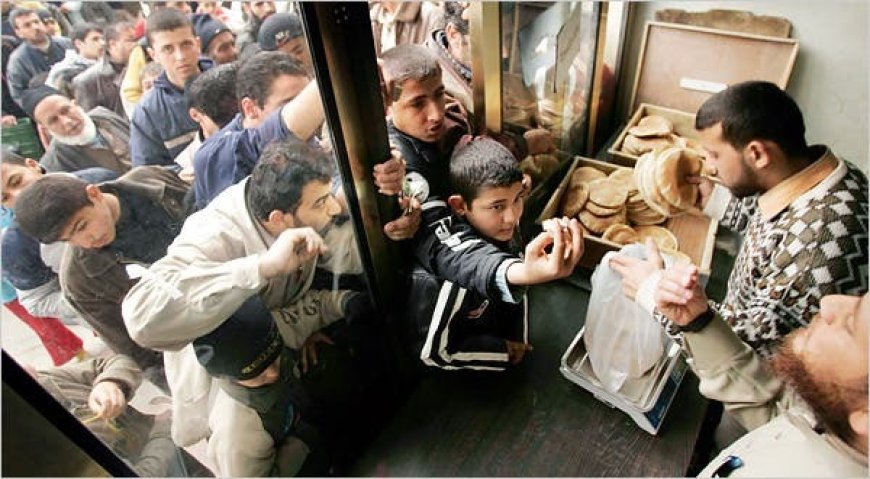
Desperate Palestinians in Gaza have begun expressing their dissatisfaction with Hamas as chronic shortages of food, water, and medicine exacerbate tensions. Acts of defiance, such as hurling rocks at Hamas police and open insults towards Hamas officials, have been reported as Gazans hold the organization responsible for the worsening humanitarian crisis resulting from the Israeli invasion.
Eyewitnesses reported clashes between Gazans and Hamas security forces, highlighting a breakdown in law and order due to food shortages. Queue-jumping disputes, fights in bread lines, and acts of violence are becoming increasingly common, reflecting the frustration and desperation among the population.
According to Yousef Hammash, an aid worker with the Norwegian Refugee Council, people in Gaza are reaching a breaking point, evident in the tension visible in their eyes. The humanitarian crisis, compounded by the Israeli invasion, has led to a situation where even Hamas, which usually governs with an iron fist, is facing challenges to its authority.
Residents at a UN shelter in Gaza City have openly decried Hamas, expressing their desire for the war to end. Reports suggest that Gazans are directing their anger at Hamas, not out of sympathy for Israel, but due to the perception that Hamas has played into the hands of their enemies.
As the signs of dissent grow, some Gazans have lost their fear of Hamas. In a recent televised press conference, a young man disrupted a speech by Iyad Bozum, a spokesman for the Hamas-run interior ministry, shouting, "May God hold you to account, Hamas!"
The humanitarian crisis in Gaza has led to a displacement of nearly half of its 2.5 million population, with many seeking refuge in overcrowded shelters. The lack of access to essential resources such as water, coupled with the displacement crisis, has created an atmosphere of desperation and discontent among the people.
The social fabric that Gaza was once known for is unraveling, with queues for water and bread becoming a daily struggle. Families dispatch their members to acquire essentials, often resulting in confrontations and even violence.
Amidst this turmoil, the UN agency for Palestinian refugees has expressed concern about the deteriorating situation. Juliette Touma, a spokesman for the agency, remarked that the anxiety, uncertainty, and loss are fraying the social fabric of Gaza.
Malnutrition is emerging as a real threat, with many Gazans reportedly living on just one meal a day, consisting mainly of dried foodstuffs. Health problems like the spread of infectious diseases and challenges in accessing essential medical treatments further contribute to the worsening crisis.
As Gazans endure these hardships, the discord within the population is evident, signaling a significant challenge to Hamas's once-authoritarian rule. The desperation and discontent among the people reflect a humanitarian crisis that extends beyond the immediate conflict with Israel, posing a severe threat to the stability of the region.
Read More | Rising Tensions in the Middle East: U.S. Forces Face Increased Threats from Iranian-Backed Militias

